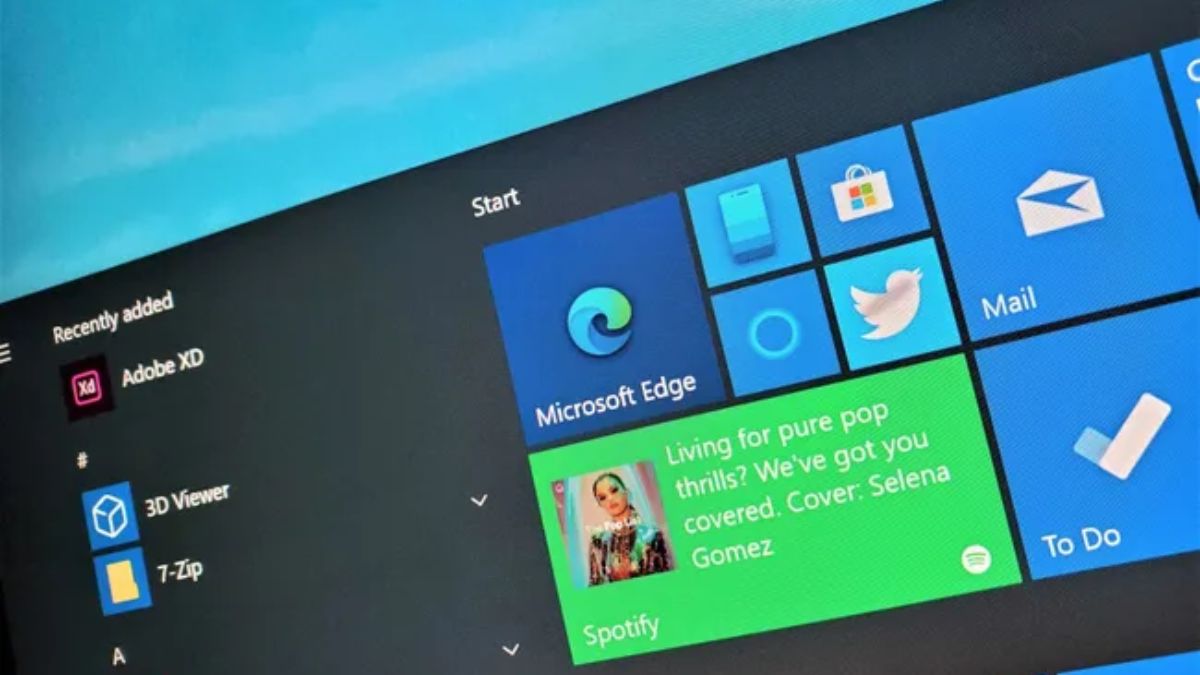The European Union’s antitrust regulators may soon impose tough restrictions on Microsoft’s Edge browser under the Digital Markets Act (DMA), following complaints from rival browsers and web developers. Vivaldi, Waterfox, Wavebox, and the Open Web Advocacy group recently urged the European Commission to designate Microsoft as a “gatekeeper” under the DMA, citing concerns over Edge’s unfair competitive advantage.
This development comes after Norwegian browser company Opera challenged the Commission in court over its decision to exempt Edge from DMA restrictions earlier this year. If the EU takes action, it could significantly impact how Microsoft’s Edge browser is distributed and integrated with its other services.
Probable implications on Edge
Under the DMA, the EU identifies certain large tech companies as gateways, subjecting them to specific regulations with the aim of managing competition. A designation as a gatekeeper would prevent Microsoft from using its dominant position in the operating system market to give Edge an unfair advantage over rivals. Currently, Edge is deeply integrated with Windows, as it appears as the default web browser and offers several basic features like “new tab” button that promote Microsoft’s ecosystem.
If the EU imposes restrictions, Microsoft may be required to decouple Edge from Windows, allowing users to more easily choose other browsers like Vivaldi, Opera, or Chrome without pre-set barriers. The DMA could force Microsoft to offer users a clearer choice in browser selection during setup and potentially limit its ability to promote Edge within other Microsoft services like Bing and Microsoft 365.
Consequences on Microsoft users
For individual users, any imposed restrictions on Edge could result in a more transparent browsing experience. Currently, Edge comes pre-installed on all Windows devices and is closely integrated into the Windows ecosystem, often making it difficult for users to switch to competing browsers without encountering friction. If the EU mandates changes under the DMA guidelines, users could benefit from a more competitive landscape where alternatives to Edge are equally accessible.
Additionally, the forced separation of Edge from other Microsoft products may reduce the aggressive promotion of the browser within Windows. This could enhance consumer choice, as users might be given clearer, unbiased prompts to select their preferred browser during Windows installations or updates.
However, the imposition of DMA rules on Microsoft could also come with potential drawbacks. Users accustomed to the seamless integration of Edge with Microsoft services like OneDrive, Office, and Teams might experience disruptions in their workflow. These changes could alter the fluid experience Microsoft has built across its suite of products.
A potential shift towards browser diversity
If the European Commission moves forward with these antitrust measures, it could open the door for greater browser diversity across Europe. Smaller browsers like Opera, Vivaldi, and others would stand to gain a more level playing field, allowing them to better compete with Microsoft, Google Chrome, and Mozilla Firefox.
The move would signal the EU’s continued commitment to maintaining fair competition in the digital market, ensuring that tech giants like Microsoft do not abuse their market dominance. For users, this could mean a future where they have greater control over their online browsing experience.


